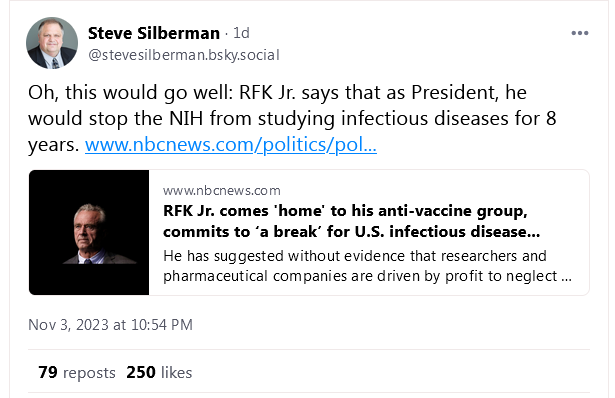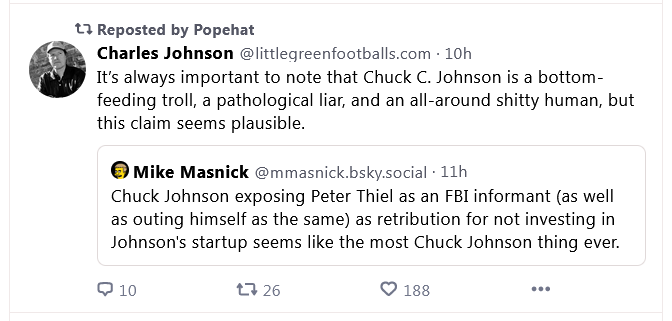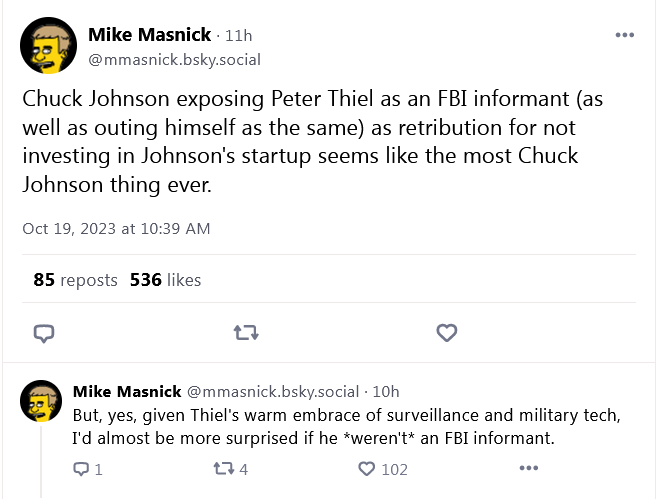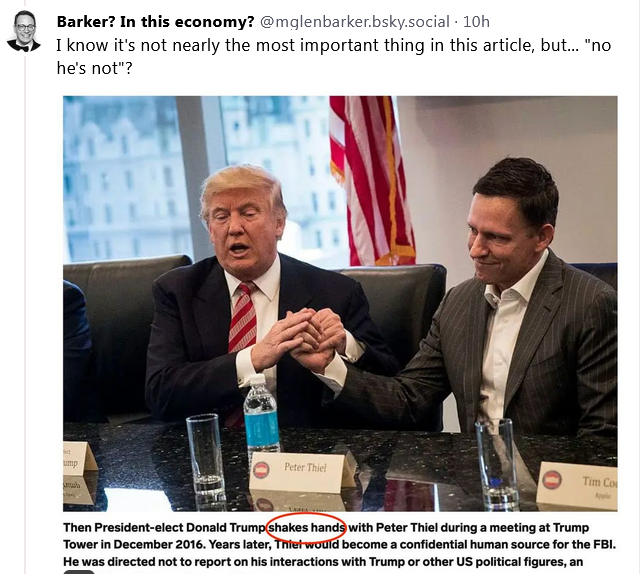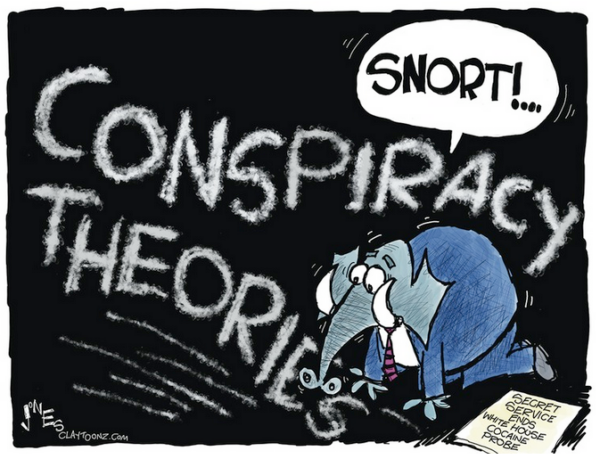Robert F. Kennedy Jr's anti-vaccine org banned me from its conference.
In a keynote speech, he committed to the movement, vowed "a break" from infectious disease research, and threatened scientific journals.
"I feel like I’ve come home" he said. https://t.co/CA91VPWr4d
— Brandy Zadrozny (@BrandyZadrozny) November 4, 2023
Steve Bannon has been having, by his debased standards, a very good run of late… and the conspiracy-fueled right-wing embrace of RFK Jr. is another ‘win’ for right-wing chaos agents.
NBC’s Brandy Zadrozny reports as “RFK Jr. comes ‘home’ to his anti-vaccine group, commits to ‘a break’ for U.S. infectious disease research”:
At an anti-vaccine conference in Georgia on Friday, presidential candidate Robert F. Kennedy Jr. confirmed his commitment to the cause and spoke to his base about how he, as president, would serve the movement he built.
“I feel like I’ve come home today,” he said to a standing ovation, crediting the assembled audience with his candidacy.
He then laid out his vision for a Kennedy presidency, which would include telling the National Institutes of Health to take “a break” from studying infectious diseases, like Covid-19 and measles, and pivoting the agency to the study of chronic diseases, like diabetes and obesity. Kennedy has suggested without evidence that researchers and pharmaceutical companies are driven by profit to neglect such chronic conditions and invest in ineffective and even harmful treatments; he includes vaccines among them.
“I’m gonna say to NIH scientists, God bless you all,” Kennedy said. “Thank you for public service. We’re going to give infectious disease a break for about eight years.”
Kennedy’s remarks came at the end of the first day of a conference for the country’s largest anti-vaccine organization, Children’s Health Defense. Kennedy signed on with Children’s Health Defense in 2015 and served as its chairman and chief litigation counsel until April, when he announced he would go on leave to run for president…
Kennedy has mostly shied away from anti-vaccine advocacy on the campaign trail and has said, despite years of public statements to the contrary, that he is not opposed to vaccines. This spring, he told NBC News vaccines were “not an issue that I’m leading with.”…
In addition to his proposed moves at NIH, Kennedy said that as president, he’d appoint a like-minded attorney general, “maybe Aaron Siri,” he said. Siri is a lawyer who has done millions of dollars of work for leading anti-vaccination groups, including a recent case that opened up religious exemptions for childhood vaccines in Mississippi. The crowd erupted in applause.
He said he would use the power of that attorney general to threaten editors of medical journals and force them to publish studies that had been retracted (he often cites the retracted studies saying ivermectin, a parasite drug, is an effective treatment for Covid). “We’re gonna say we’re fixing to file some racketeering lawsuits if you don’t start telling the truth in your journals.”…
RatF*cker Jr, friend to all the best modern plagues, including ‘religious’ grifters and lawyers.
Sunday Evening Open Thread: RFK Jr Goes Mask-OffPost + Comments (85)

